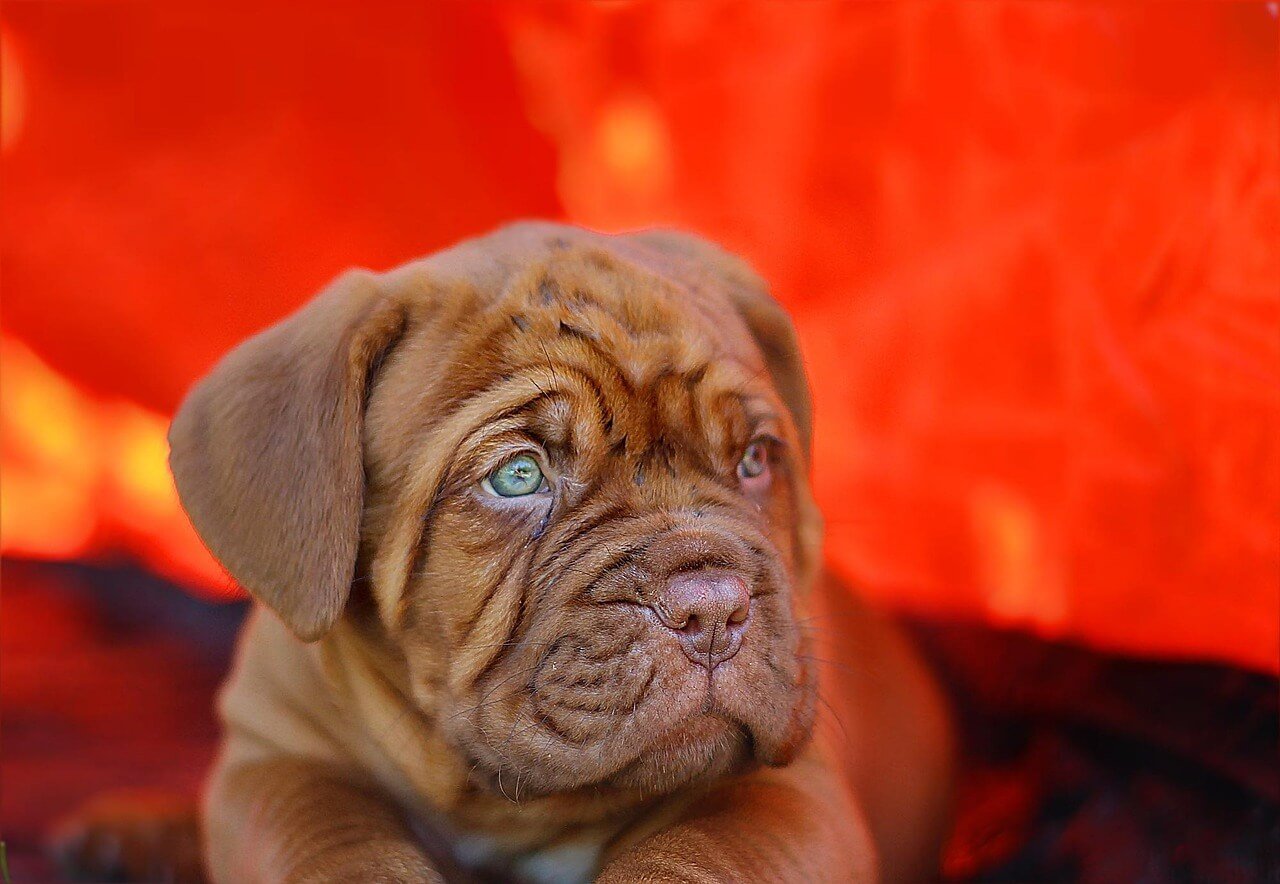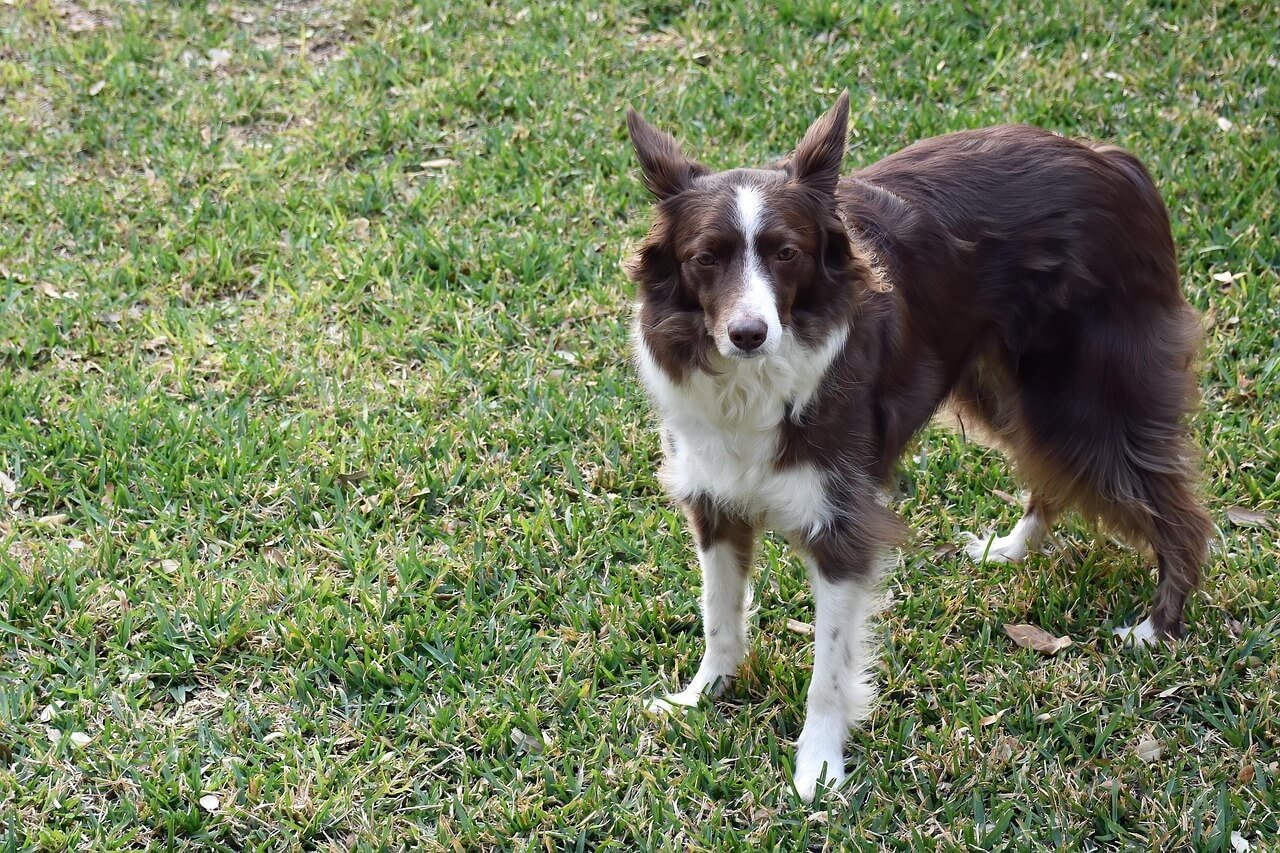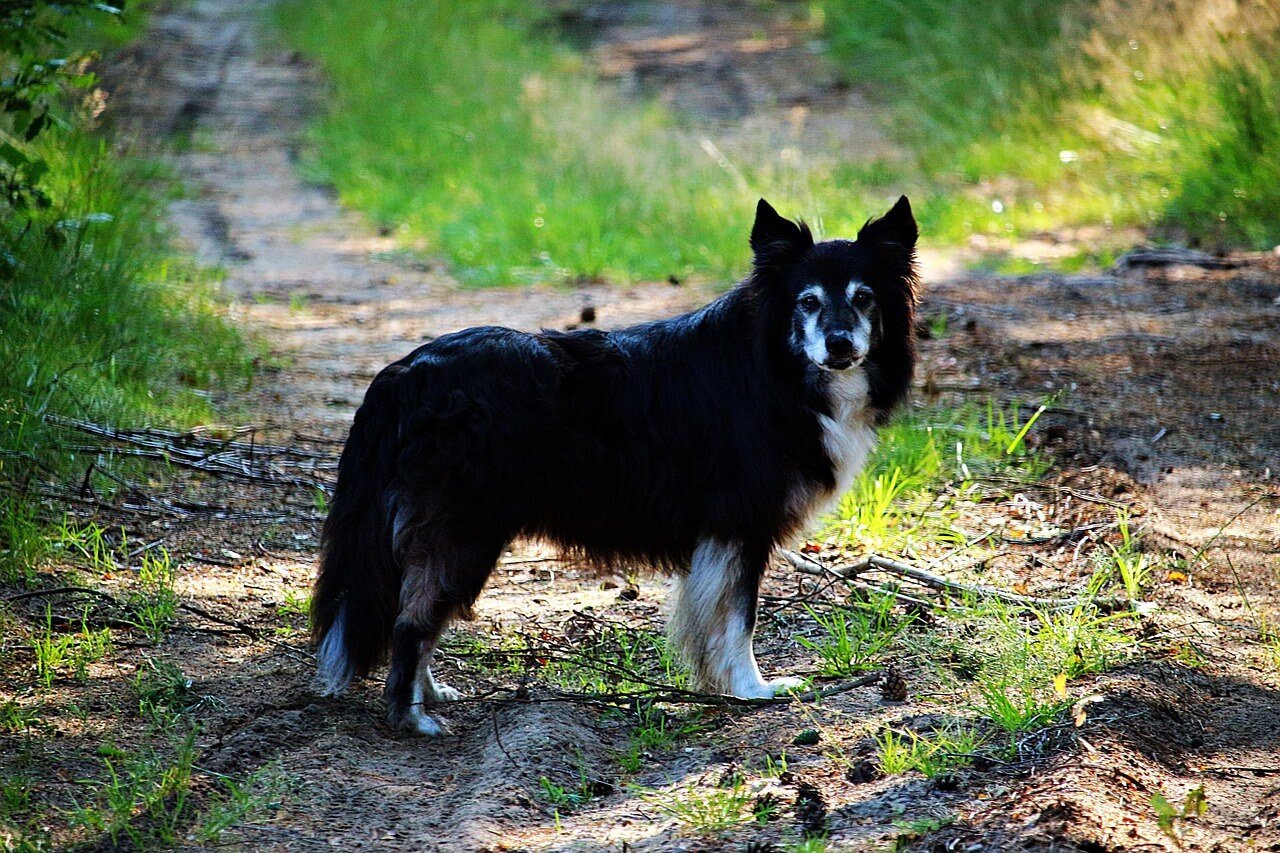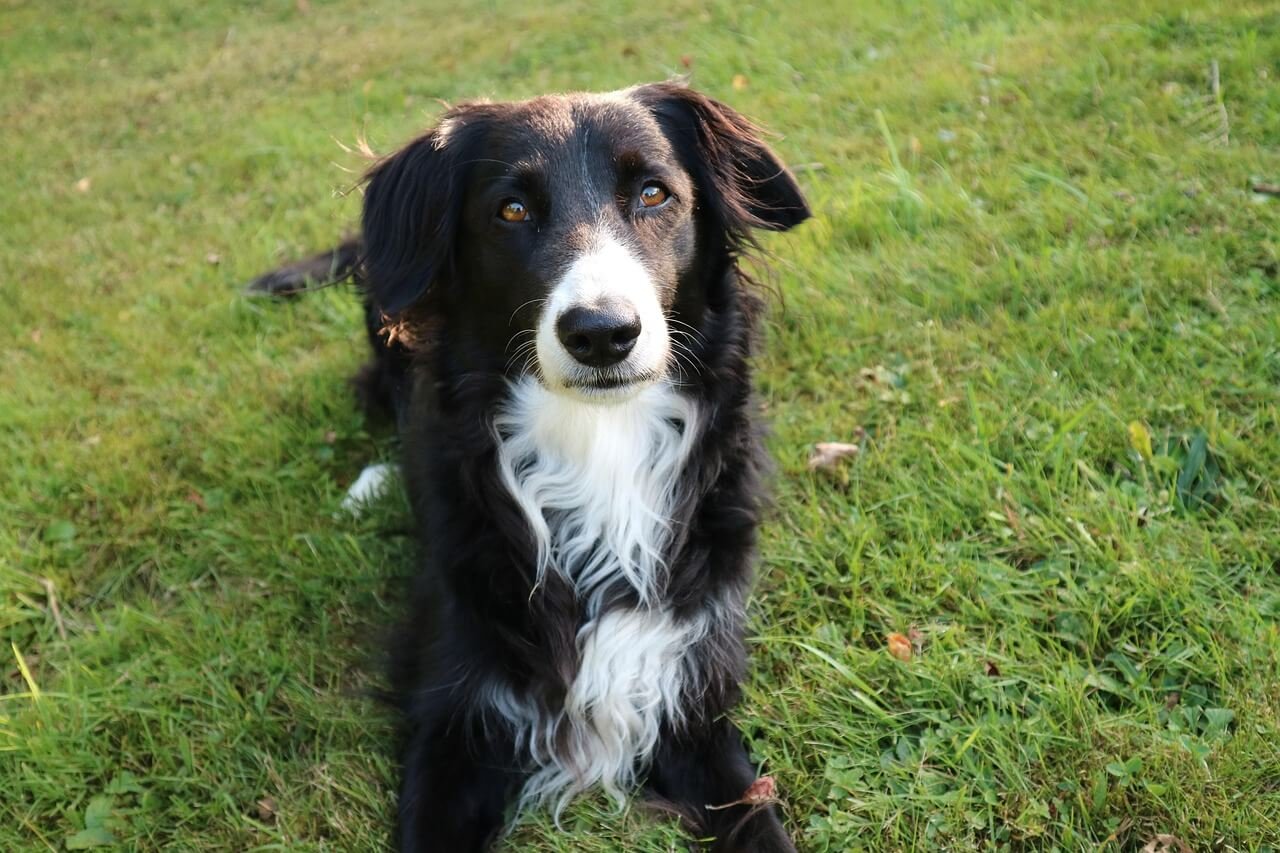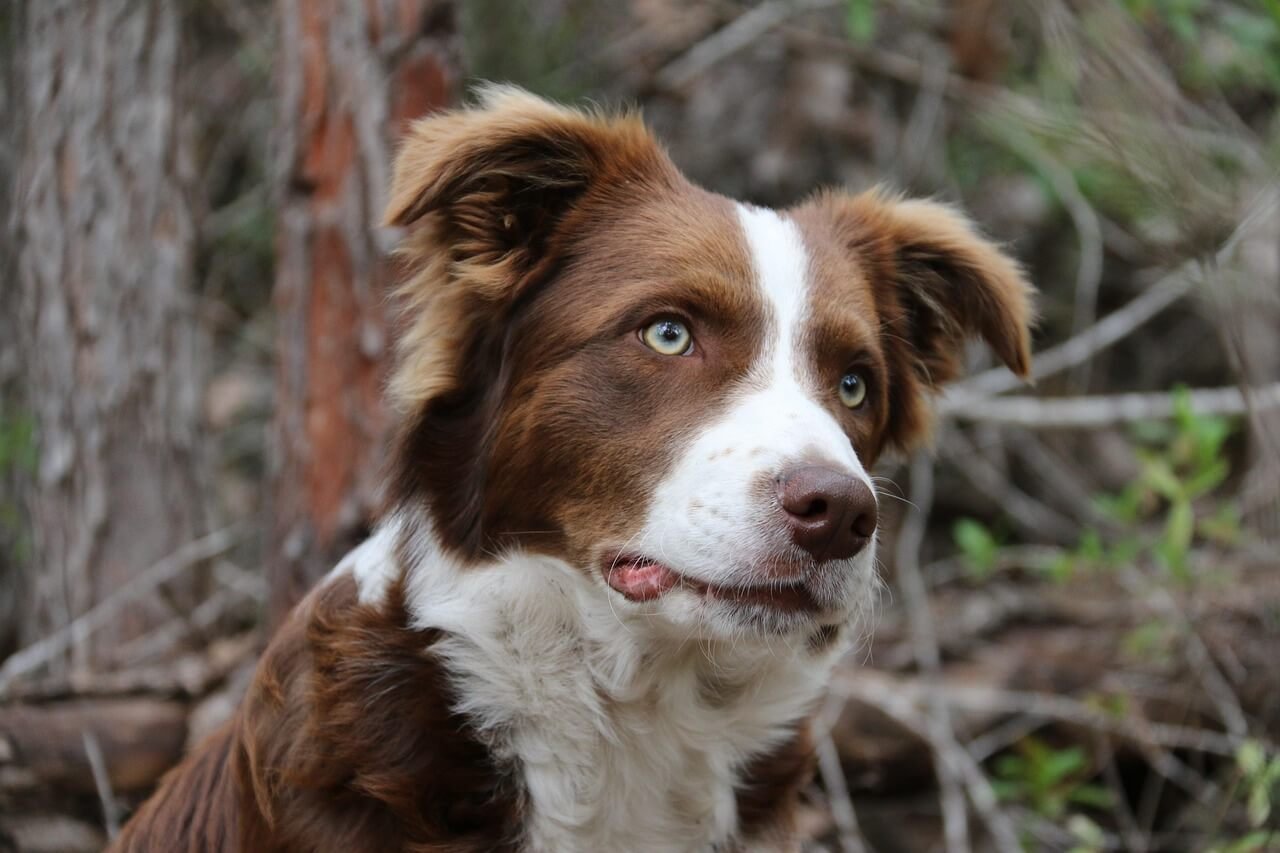How to Make Your Dog Smell Better Without a Bath
We all love our furry friends, but let’s face it—sometimes they can carry an odor that’s less than pleasant. Whether it’s due to rolling in something unsavory, excessive sweating, or just natural oils building up, doggy smells can be a challenge. While bathing your dog is the go-to solution for many pet owners, frequent baths can strip their skin of essential oils and lead to irritation. So, how do you keep your pup smelling fresh without reaching for the shampoo?
In this blog post, we’ll explore effective ways to make your dog smell better without giving them a bath. From grooming tips to clever tricks, these methods will help you keep your four-legged companion smelling their best—all while maintaining their skin and coat health.
Quick Fixes to Neutralize Odors
When your dog starts to smell, there are several quick fixes you can try to neutralize the odor without resorting to a full bath. These solutions are easy to implement and require minimal effort, making them perfect for busy pet owners. Here are some practical steps you can take:
Use a deodorizing spray : A high-quality pet-safe deodorizing spray can work wonders. Simply spritz it lightly over your dog’s coat, avoiding their eyes and ears.
Apply a dry shampoo powder : Dry shampoos are specially formulated to absorb excess oil and dirt from your dog’s fur. Massage it into their coat and brush it out afterward.
Wipe them down with pet wipes : Pet wipes are a convenient way to clean your dog’s paws, belly, and other areas prone to dirt buildup. They’re gentle on the skin and leave behind a fresh scent.
Use baking soda : Sprinkle a small amount of baking soda onto your dog’s fur, let it sit for a few minutes, and then brush it out thoroughly. This natural remedy helps neutralize odors effectively.
Freshen up their bedding : Sometimes the smell isn’t coming from your dog but from their sleeping area. Wash their bed regularly or sprinkle it with baking soda before vacuuming.
These quick fixes are simple yet effective ways to tackle unpleasant odors. By incorporating them into your routine, you can keep your dog smelling fresh between baths.
Daily Grooming Habits for a Fresher Pup
Incorporating daily grooming habits into your routine can significantly reduce odors and keep your dog’s coat in top condition. Regular maintenance not only helps control smells but also strengthens the bond between you and your pet. Here are some grooming practices you can adopt:
Brush their coat daily : Brushing removes loose hair, dirt, and debris that can contribute to odors. Use a brush suitable for your dog’s coat type to avoid irritation.
Check their ears regularly : Ear infections often cause unpleasant smells. Clean your dog’s ears weekly using a pet-safe ear cleaning solution and cotton balls.
Trim their fur : Long-haired dogs are more prone to trapping dirt and moisture, which can lead to odors. Keep their fur trimmed, especially around the paws and tail.
Pay attention to their paws : Dogs’ paws can pick up all sorts of smells from the ground. Wipe them down after walks and check for any debris stuck between their pads.
Inspect their teeth : Bad breath is a common source of odor. Brush your dog’s teeth regularly with a dog-friendly toothpaste to maintain oral hygiene.
By making these grooming habits a part of your daily routine, you’ll not only improve your dog’s smell but also ensure their overall well-being.
Check this guide 👉Top 5 Premium Dog Perfumes for Ultimate Freshness & Style!
Check this guide 👉Top 5 Best Dry Dog Shampoos for Ultimate Freshness!
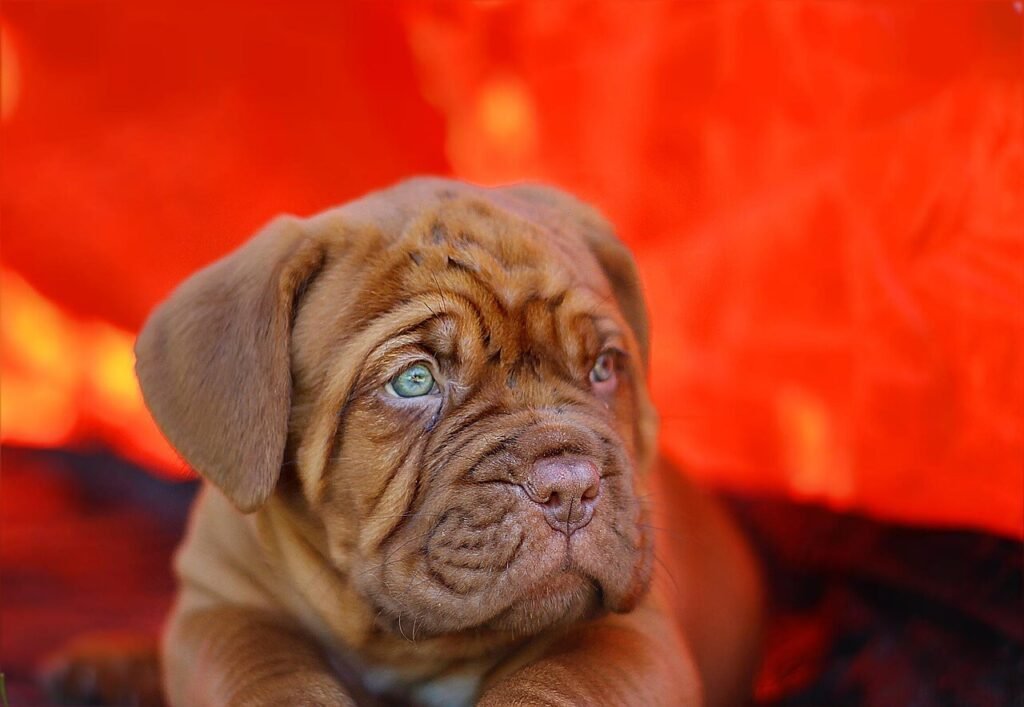
Odor Control Tips | Benefits |
|---|---|
Use a deodorizing spray | Quick and easy way to freshen up your dog |
Apply dry shampoo powder | Absorbs oil and dirt without water |
Wipe with pet-safe wipes | Cleans sensitive areas like paws and belly |
Freshen up their bedding | Reduces lingering smells from their sleeping area |
Brush their coat daily | Removes dirt and prevents matting |
Dietary Adjustments for a Sweeter-Smelling Dog
What your dog eats can have a significant impact on how they smell. A balanced diet not only promotes overall health but can also help reduce unpleasant odors. Here are some dietary adjustments you can consider:
Switch to high-quality dog food : Low-quality food often contains fillers and artificial ingredients that can affect your dog’s skin and coat, leading to odors. Opt for premium brands with natural ingredients.
Add omega-3 fatty acids : Omega-3 supplements or foods like fish oil can improve skin health and reduce greasiness, which contributes to bad smells.
Include probiotics : Probiotics support gut health, which can reduce flatulence and other digestive-related odors. Look for dog-safe probiotic supplements or foods.
Limit smelly treats : Some treats, like those containing fish or strong flavors, can linger on your dog’s breath. Choose milder options or limit their intake.
Ensure proper hydration : Dehydration can lead to concentrated urine, which has a stronger smell. Always provide fresh, clean water for your dog.
By paying attention to your dog’s diet, you can address odor issues from the inside out and promote a healthier, fresher-smelling pup.
Preventative Measures to Keep Odors at Bay
Prevention is key when it comes to managing your dog’s smell. Taking proactive steps can help minimize odors before they become a problem. Here are some preventative measures you can take:
Keep them out of muddy areas : Avoid letting your dog roll in mud or stagnant water, as these are common sources of bad smells.
Clean their toys regularly : Dirty toys can harbor bacteria and odors. Wash them with soap and water at least once a week.
Use an air purifier at home : An air purifier can help eliminate pet odors from your living space, creating a fresher environment for everyone.
Schedule regular vet check-ups : Certain medical conditions, like skin infections or dental issues, can cause persistent odors. Regular vet visits ensure early detection and treatment.
Train them to avoid rolling in unpleasant things : Teaching your dog commands like “leave it” can prevent them from rolling in smelly substances during walks.
By implementing these preventative measures, you can reduce the likelihood of unpleasant odors and maintain a harmonious home environment.
Lifestyle Changes for a Fresher-Smelling Dog
Sometimes, simple lifestyle adjustments can make a big difference in how your dog smells. These changes are easy to implement and can have long-lasting effects on their overall freshness. Here are some ideas to consider:
Increase outdoor time : Allowing your dog more time outdoors can help them naturally air out their coat and reduce trapped odors.
Limit exposure to strong-smelling environments : Avoid areas with strong odors, such as garbage bins or compost piles, where your dog might pick up unpleasant scents.
Use scent-free cleaning products at home : Harsh chemical cleaners can irritate your dog’s skin and contribute to unwanted smells. Opt for natural, pet-safe alternatives.
Encourage regular exercise : Physical activity helps regulate your dog’s sweat glands and reduces the buildup of oils that cause odors.
Keep their crate or play area clean : A tidy space minimizes bacteria buildup and keeps your dog smelling fresher for longer.
By making these small lifestyle changes, you can create an environment that supports your dog’s natural freshness and reduces the need for frequent baths.
Seasonal Tips to Combat Odors
Different seasons bring unique challenges when it comes to managing your dog’s smell. Adapting your approach based on the time of year can help you stay ahead of odor issues. Here are seasonal tips to keep in mind:
Spring: Check for allergies : Springtime allergies can cause skin irritation and odors. Monitor your dog for excessive scratching or redness.
Summer: Prevent overheating : Dogs sweat through their paws, and excessive heat can lead to stronger odors. Provide plenty of shade and water during hot months.
Fall: Watch for wet fur : Autumn rains can leave your dog damp and prone to mildew smells. Dry them thoroughly after walks.
Winter: Avoid salt and chemicals : Road salts and de-icers can cling to your dog’s paws and fur, causing unpleasant odors. Wipe them down after outdoor time.
Year-round: Maintain consistency : Regardless of the season, sticking to a grooming and care routine is essential for odor control.
These seasonal strategies will help you address odor concerns proactively, ensuring your dog stays fresh no matter the weather.
DIY Solutions for Odor Control
If you prefer homemade remedies, there are plenty of DIY solutions you can try to keep your dog smelling great. These natural methods are safe, cost-effective, and easy to prepare at home. Here are some ideas to get started:
Apple cider vinegar rinse : Mix equal parts apple cider vinegar and water, then spray it lightly on your dog’s coat to neutralize odors.
Coconut oil rub : Rub a small amount of coconut oil onto your dog’s fur to condition their skin and reduce greasiness.
Herbal sachets for bedding : Place dried lavender or chamomile sachets in your dog’s sleeping area to add a subtle, pleasant fragrance.
Homemade dry shampoo : Combine cornstarch or oatmeal with a few drops of essential oil (safe for pets) to create a DIY dry shampoo.
Lemon water spray : Boil lemon slices in water, let it cool, and use it as a light mist to freshen up your dog’s coat.
These DIY solutions offer a natural way to tackle odors while avoiding harsh chemicals. With a little creativity, you can keep your dog smelling fresh and feeling great.
Frequently Asked Questions About Keeping Your Dog Smelling Fresh
How often should I bathe my dog?
It depends on their breed and activity level, but generally, bathing once a month is sufficient. Over-bathing can dry out their skin.
Can I use human shampoo on my dog?
No, human shampoo can irritate your dog’s skin. Always use products specifically formulated for pets.
Why does my dog smell even after a bath?
This could be due to underlying issues like skin infections or poor drying after the bath. Consult your vet if the problem persists.
Are there natural remedies to reduce dog odors?
Yes, remedies like baking soda, apple cider vinegar, and coconut oil can help neutralize odors naturally.
How can I tell if my dog’s smell is a sign of illness?
Persistent or unusual odors, especially from their ears or mouth, may indicate an infection or other health issue. Seek veterinary advice if unsure.
Final Thoughts: Freshness Without the Hassle
Keeping your dog smelling fresh doesn’t have to involve frequent baths. With a combination of quick fixes, daily grooming, dietary adjustments, and preventative measures, you can maintain a pleasant-smelling pup while protecting their skin and coat health. Remember, consistency is key—incorporate these tips into your routine, and you’ll enjoy a happier, fresher relationship with your four-legged friend. By focusing on their overall well-being, you’ll not only tackle odors but also enhance their quality of life. After all, a fresh-smelling dog is a happy dog—and a happy dog makes for a joyful household!
Understanding Scabs in Dogs Ears: Best 7 Tips! Learn how to identify, treat, and prevent scabs in your dog’s ears for optimal ear health.
Is Cinnamon Bad for Dogs? Best 7 Health Tips! Discover safe ways to use cinnamon, risks to avoid, and expert advice to keep your dog healthy.
Can Dogs Get Pneumonia from Humans? Best 7 Tips! Learn how to protect your dog, understand transmission risks, and ensure their respiratory health.
Can Dog Urine Make You Sick? Best 7 Health Tips! Learn how to stay safe, prevent illness, and handle exposure to dog urine effectively.

